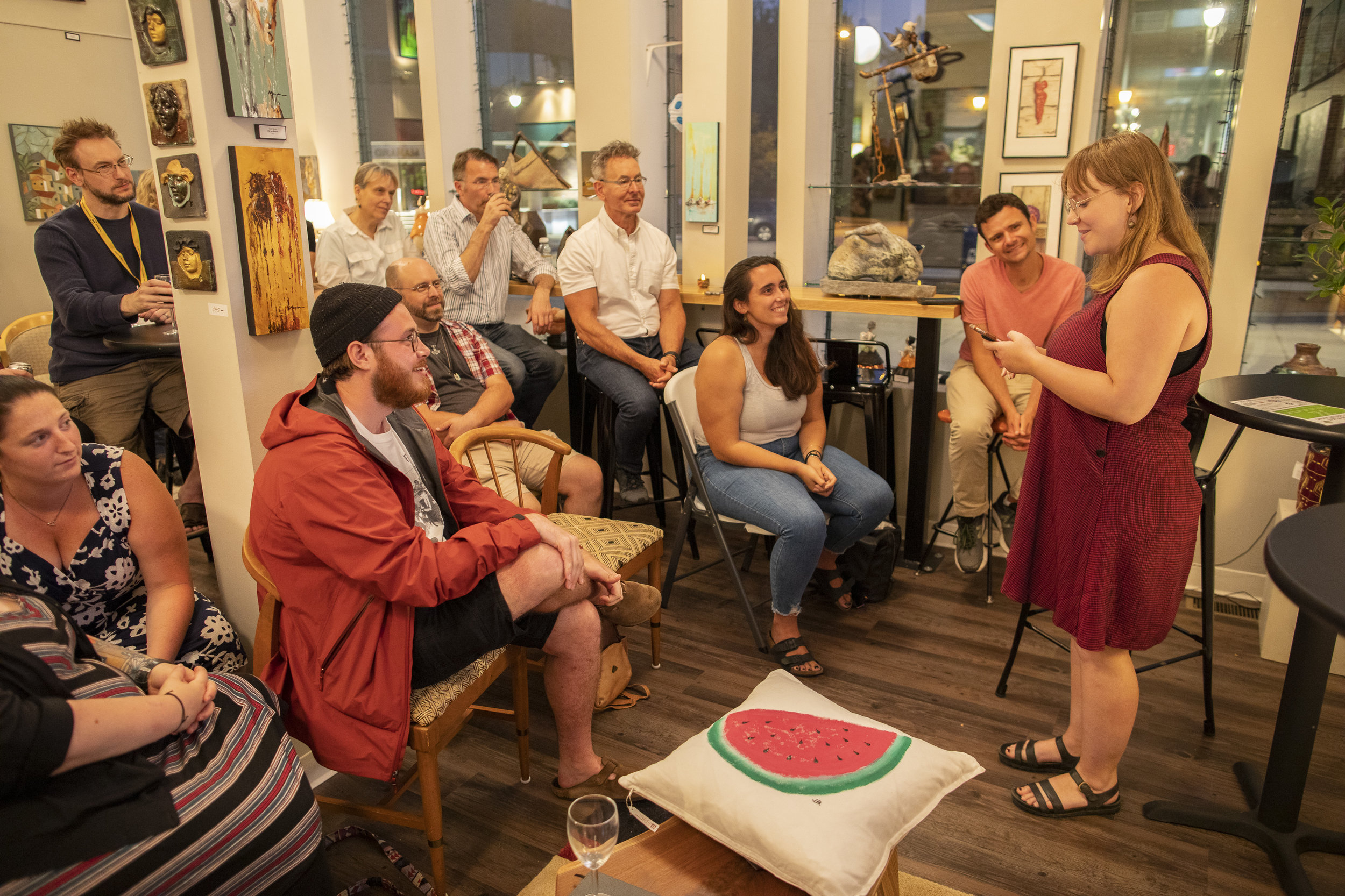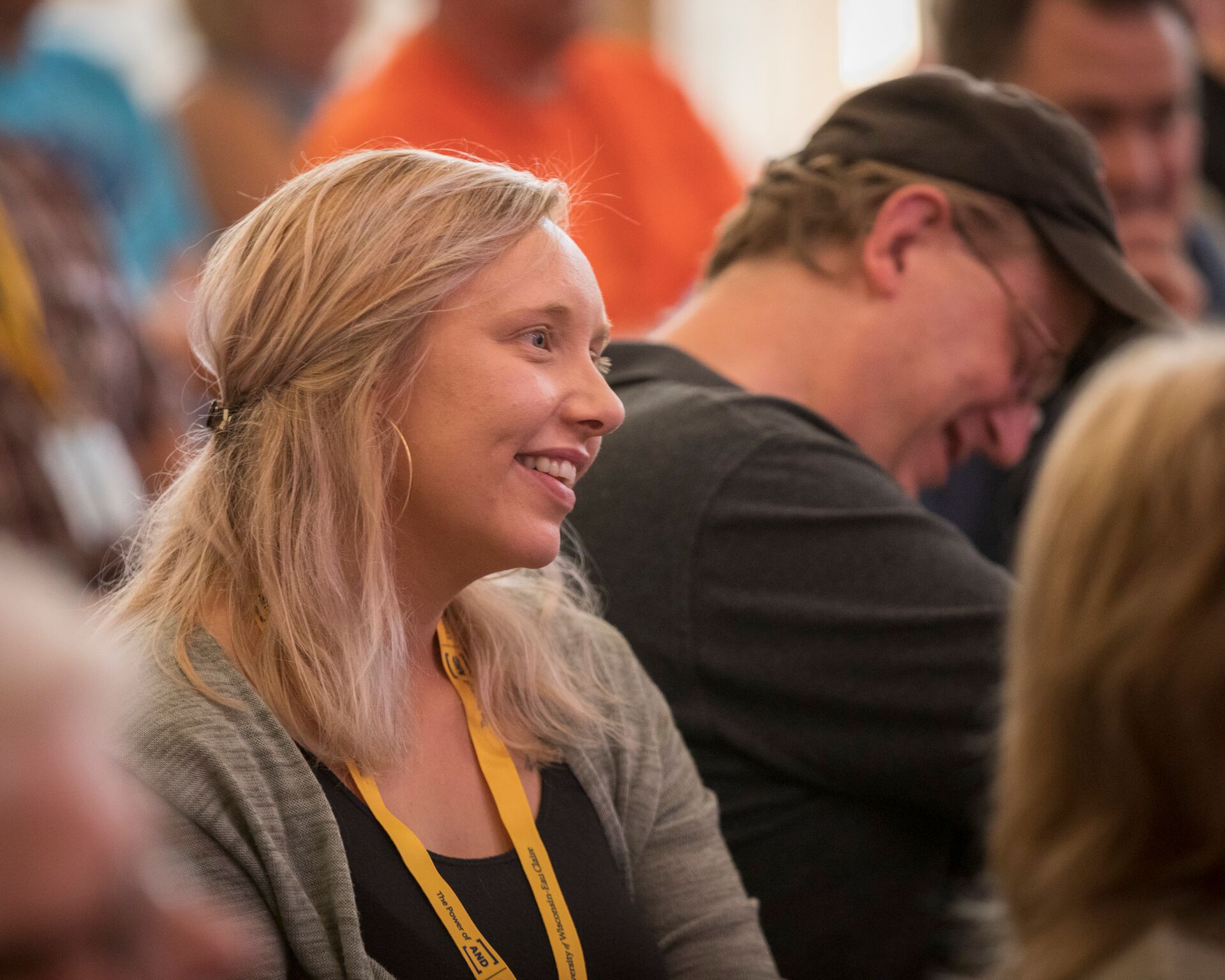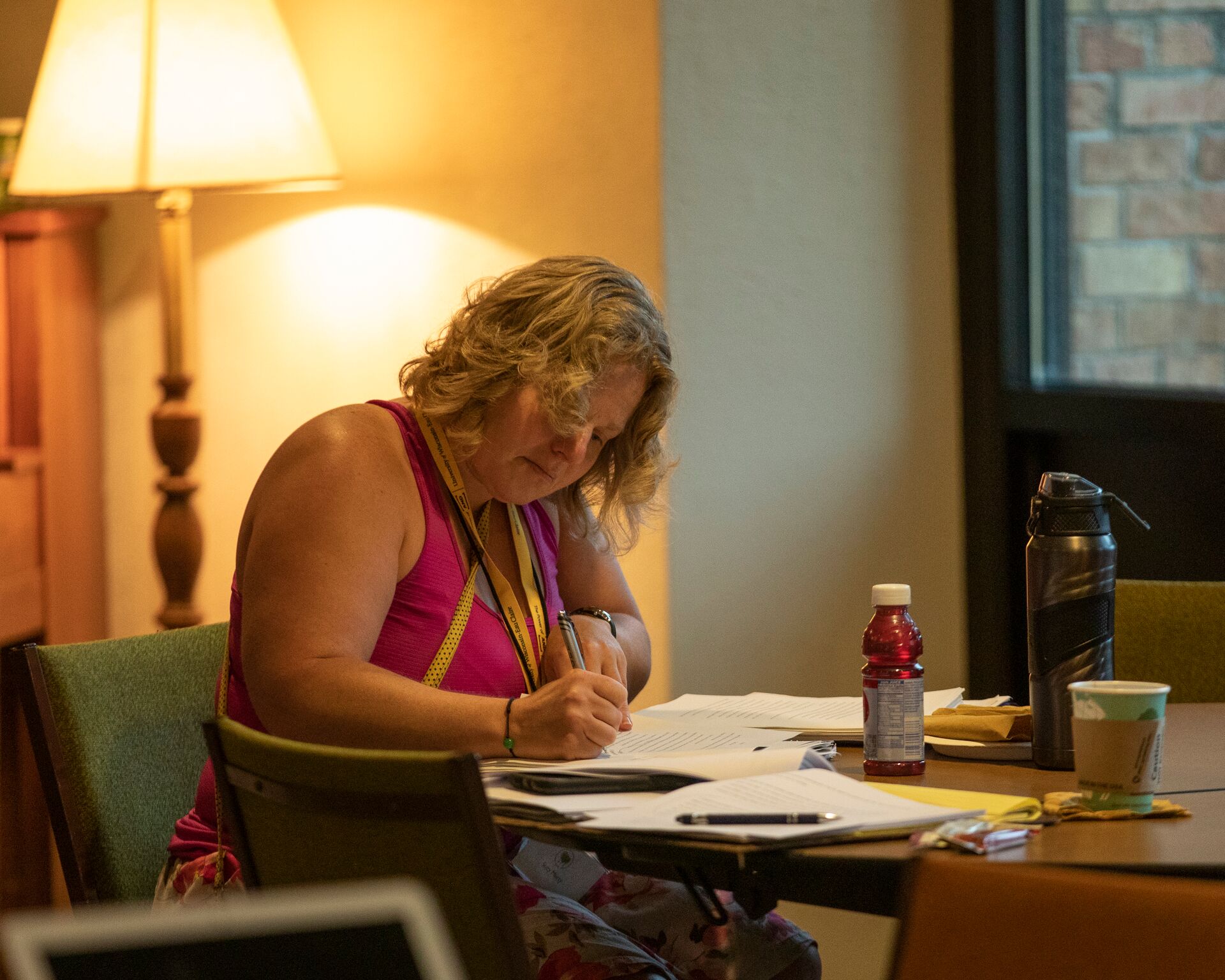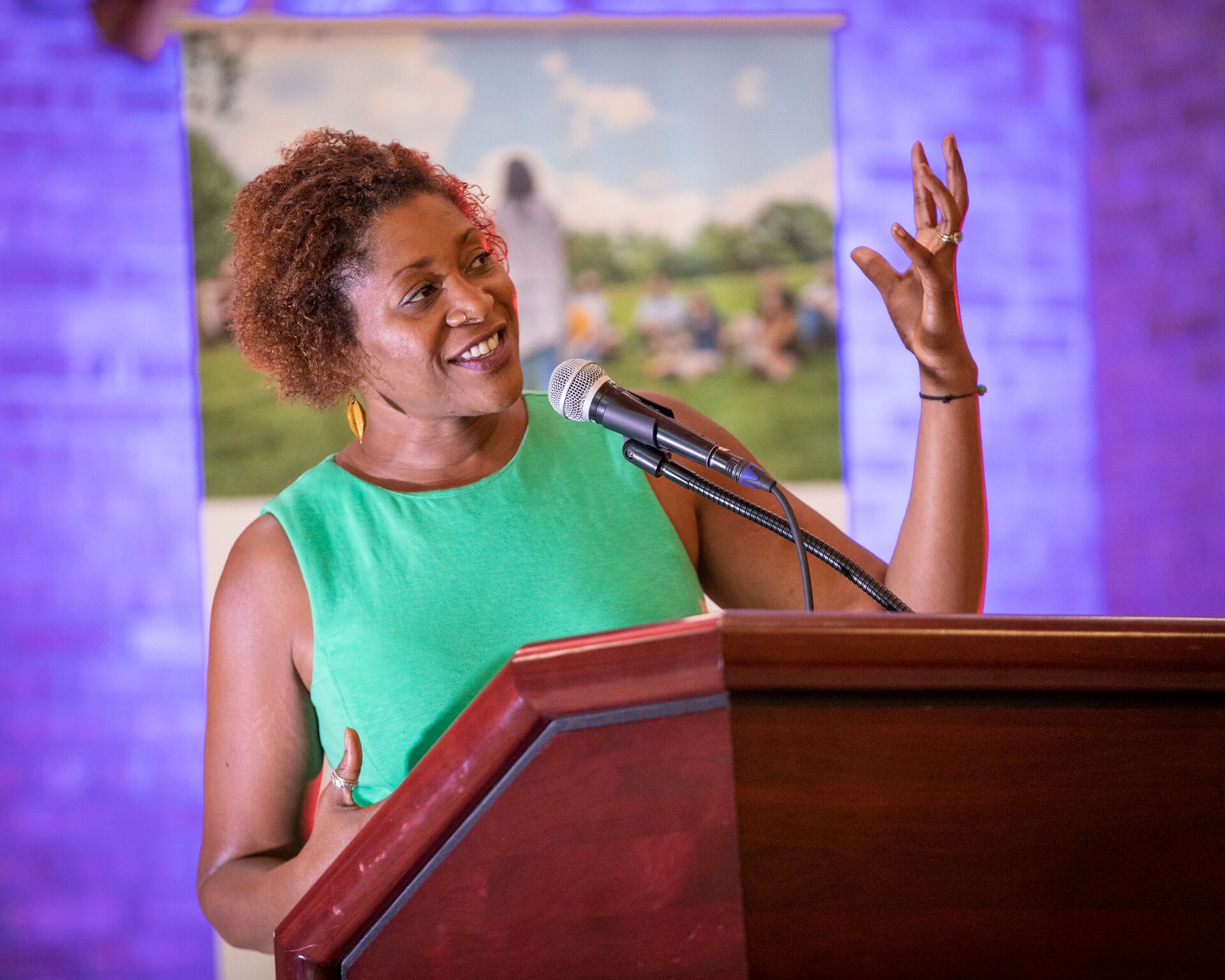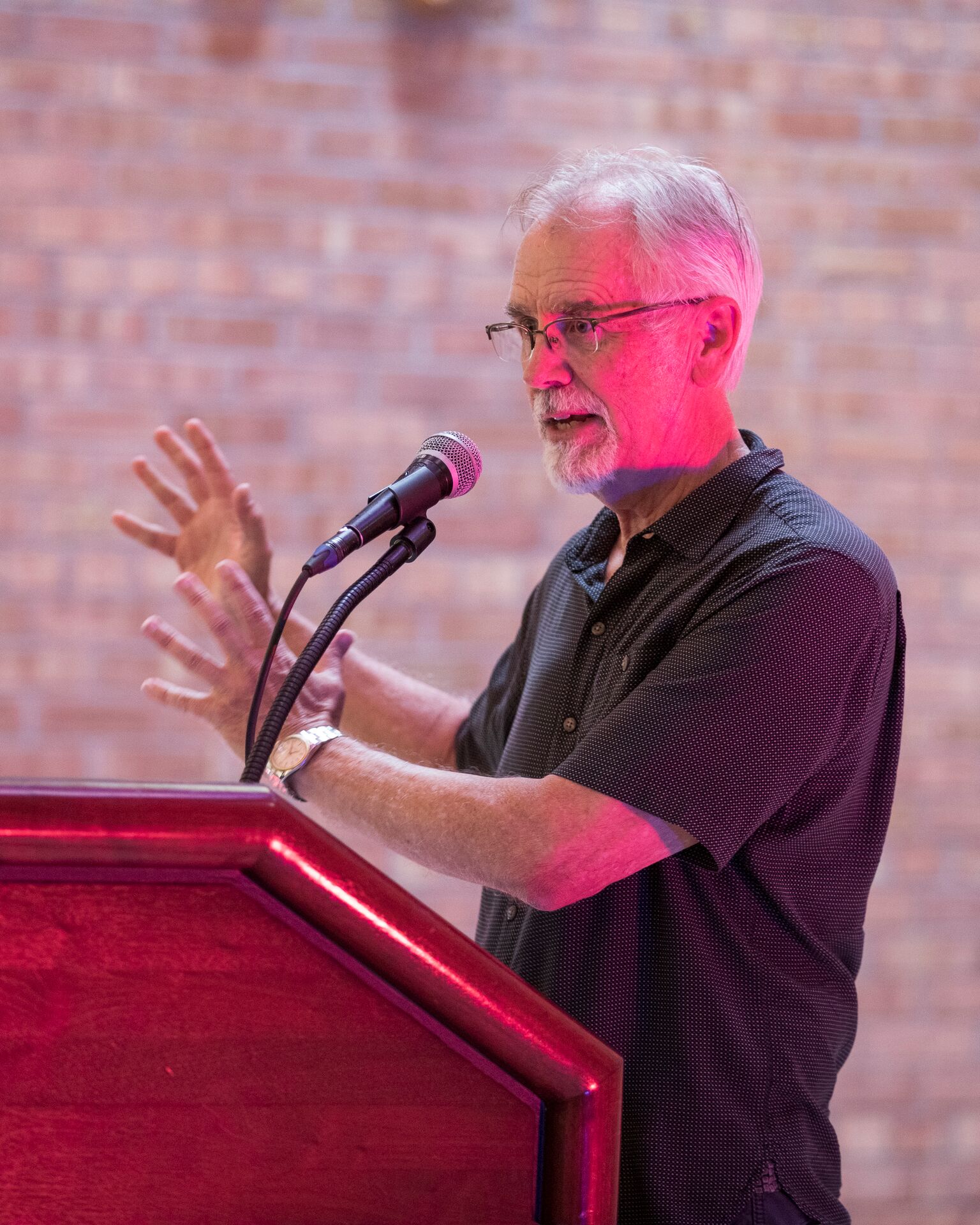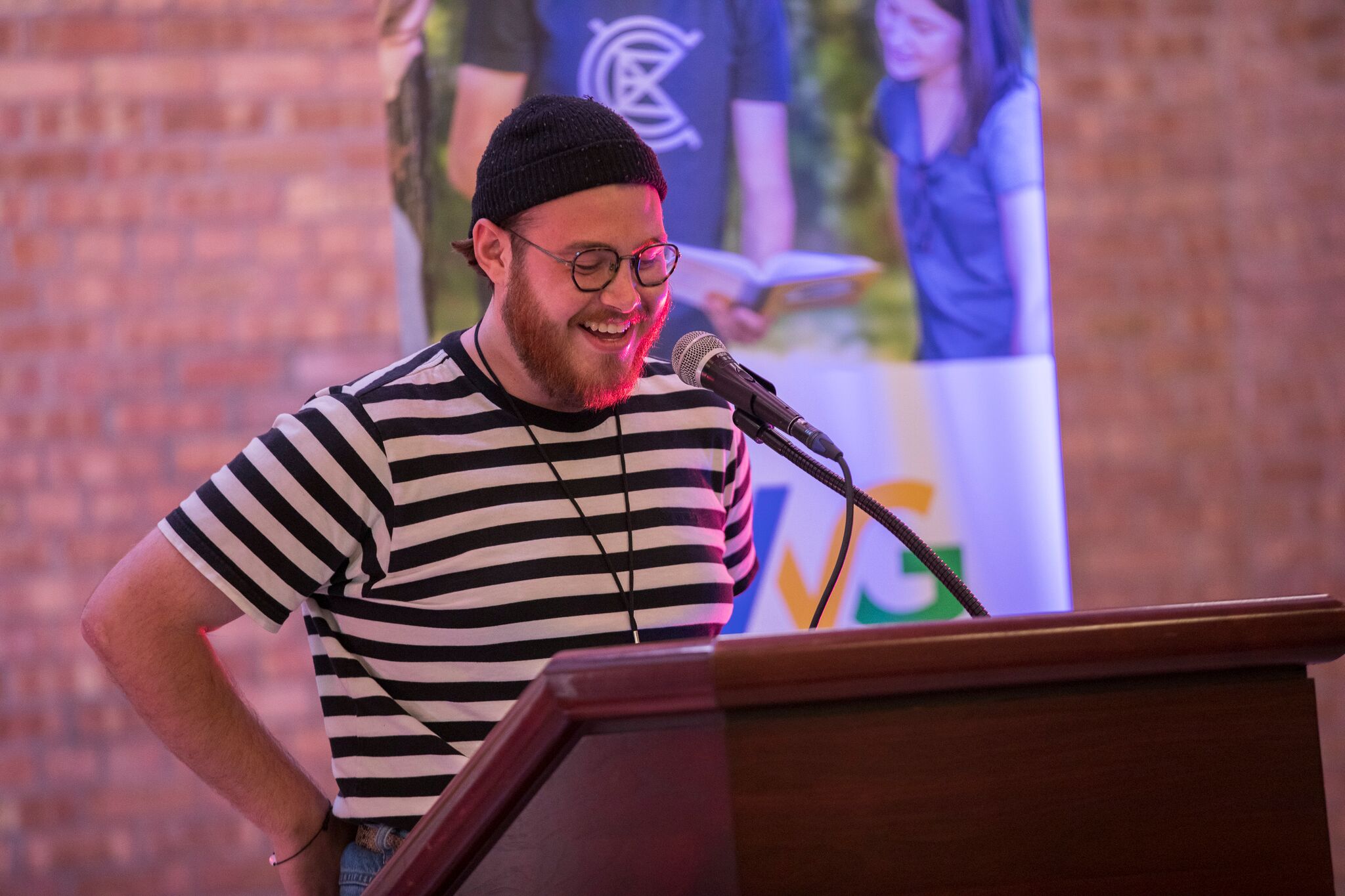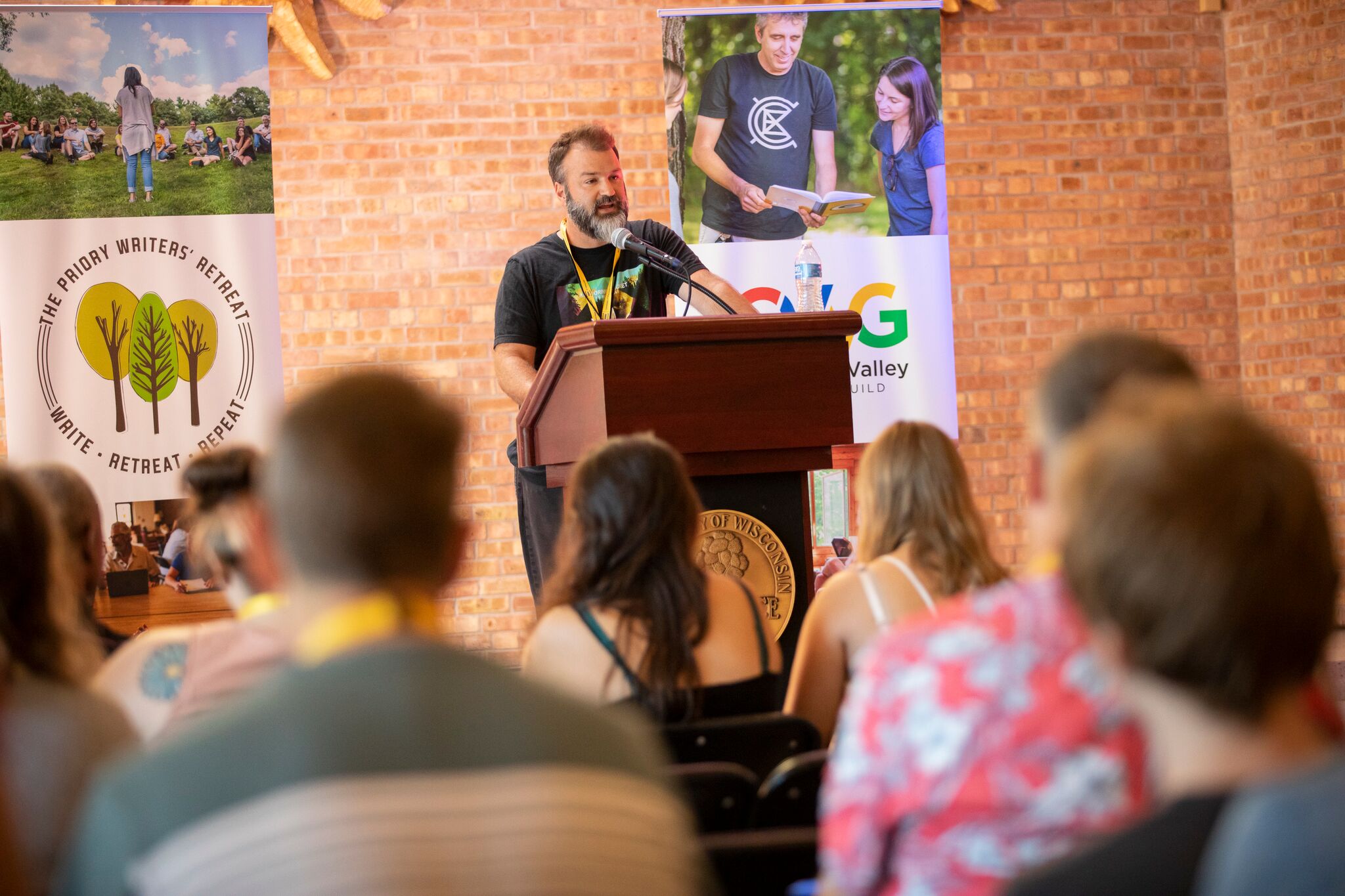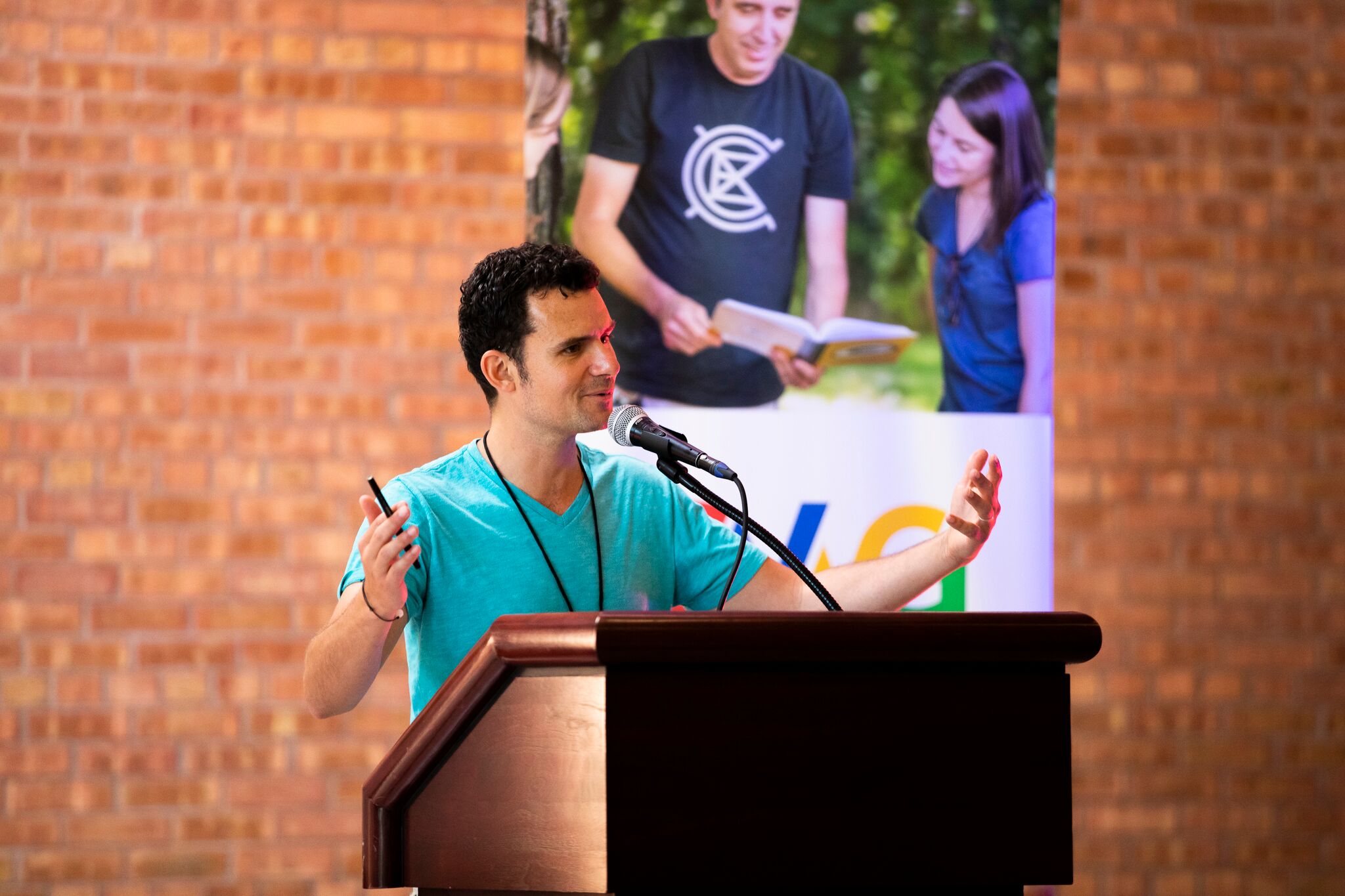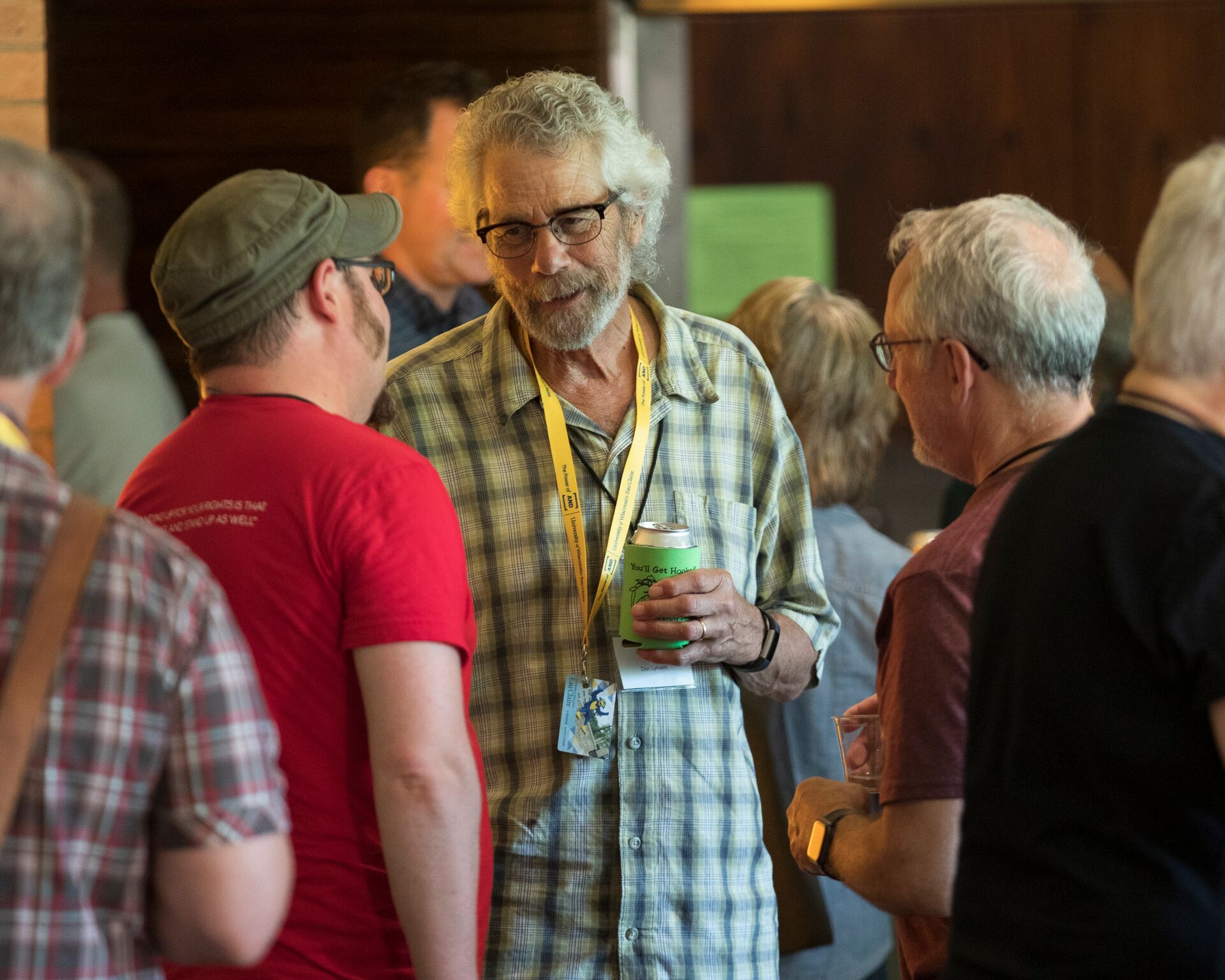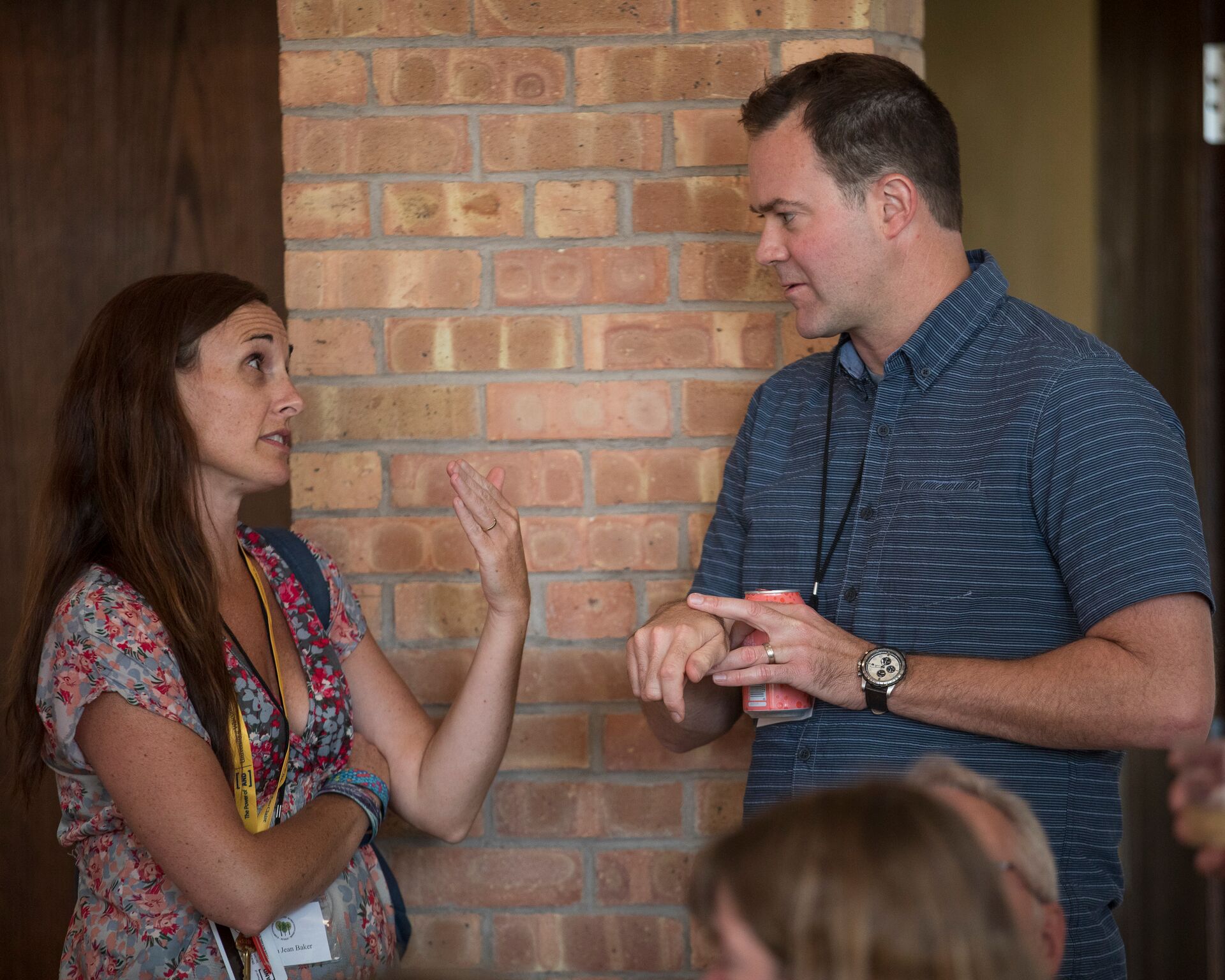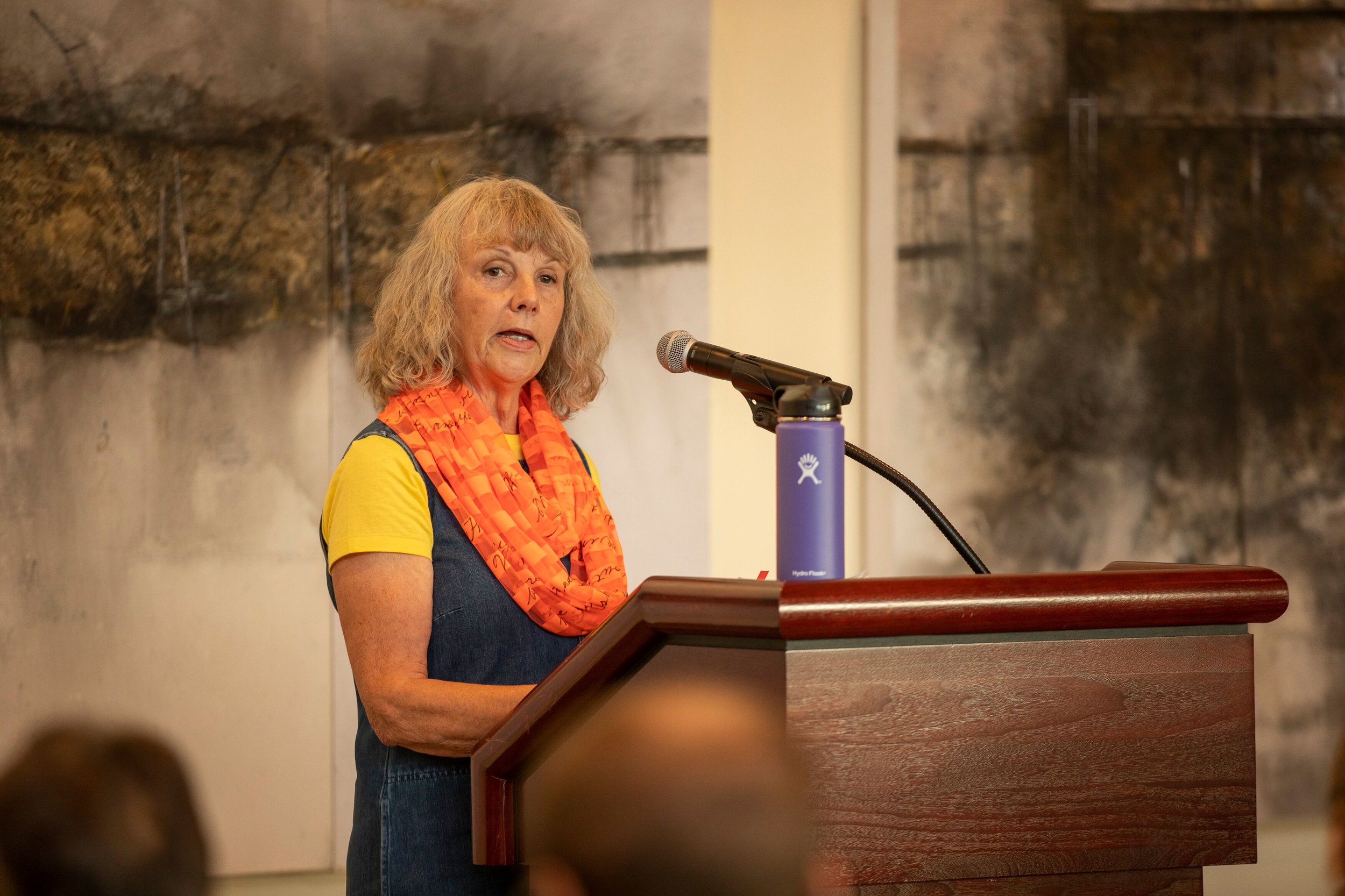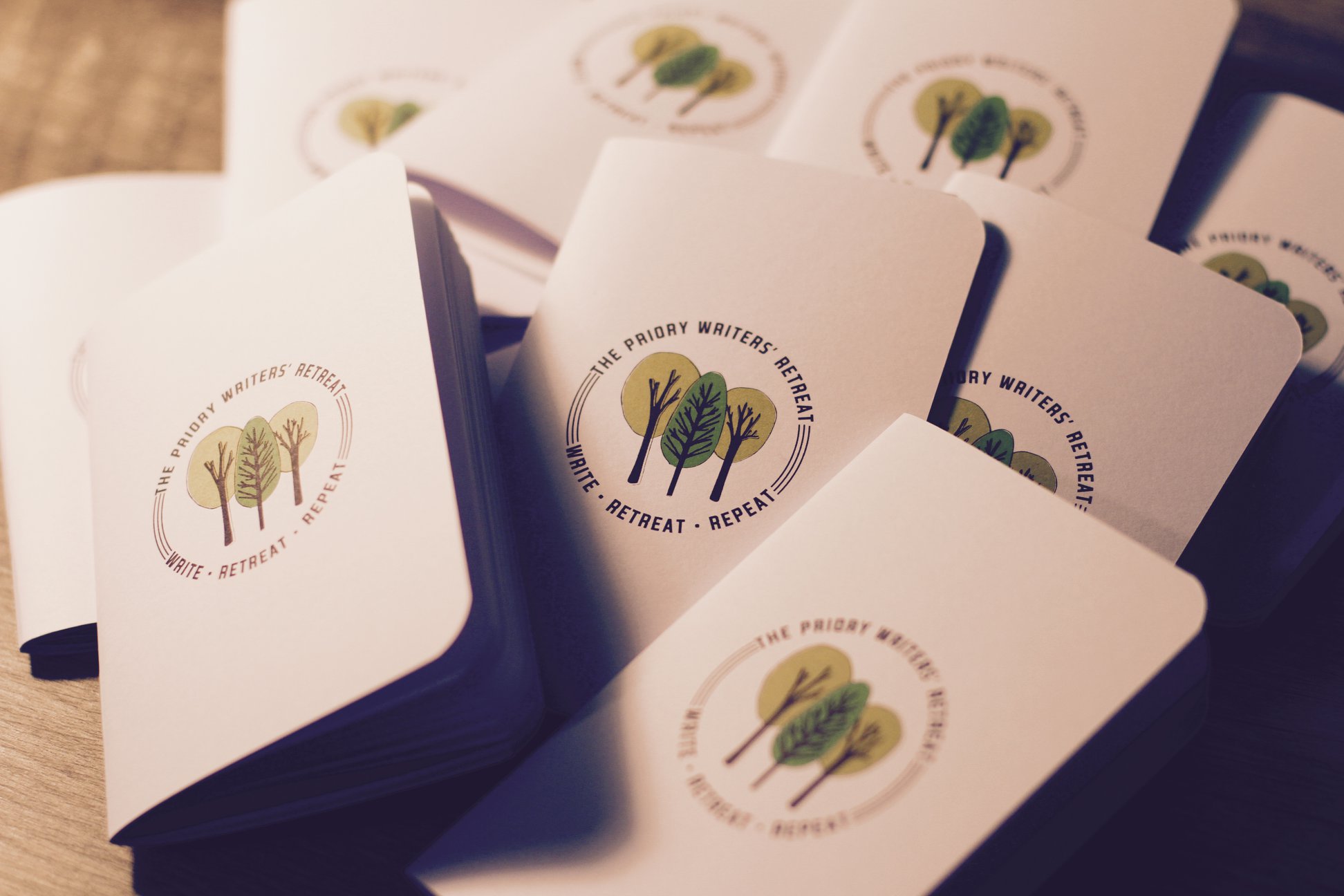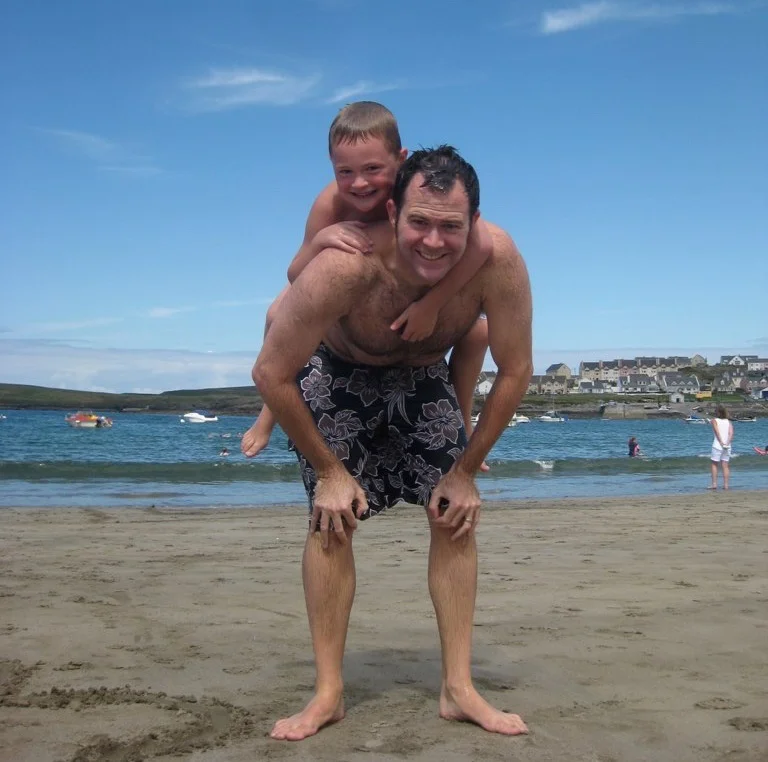by Rebecca Mennecke
Most kids get to go to the zoo on the weekend. Or, perhaps, they go to the playground, to sleepovers, or to see a movie. When I was younger, I was dragged to authors’ book talks and signings. Correction: I was willingly dragged to authors’ book talks and signings. A letter from my first-grade teacher revealed I was “sparkly-eyed” when talking about how I met David Shannon – the author of No! David. The author list continues: Marie Lu (author of Legend) Marc Brown (the mastermind behind the Arthur books), Patrick Carmen (author of Skeleton Creek), Lemony Snicket (author of A Series of Unfortunate Events), and so many more. I grew up immersed in literature, so it’s no surprise that I’m super pumped for the Chippewa Valley Book Festival this year.
But, I’m a busy lady. As much as I’d love (seriously, love!) to go to every one of the events, there’s no way I can cram them all into my already-bursting schedule. Here are my top-picks for this year’s festival, and why I know I can’t miss them.
1.) Girl Rising: Changing the World One Girl at a Time
Tanya Lee Stone's Girl Rising: Changing the World One Girl at a Time discusses one topic I’m personally passionate about: girls’ education and the positive impact it has on society as a whole. Anyone who knows me knows I’m a feminist. I wrote an entire column for my school newspaper, titled Bad Feminist based on Roxane Gay’s TED Talk Confessions of a Bad Feminist. As a writer, and as a human being in general, it’s crucial to know the importance of women empowerment in society. This could be me channeling my inner Emma Watson here (“If not me, who? If not now, when?”), but this is one event you won’t want to miss.
Wednesday, Oct. 16 from 7pm-8pm at Centennial Hall (Room 1614), UW-Eau Claire
2.) Don’t Call Me Crazy: Navigating Mental Health with Compassion, Understanding, and Honesty
I have anxiety. It’s a fact of my life. But, I’m not alone in that respect. At least 20 percent of Americans have a mental illness. Yet, it seems like talking about mental health can be really tricky, leading many people to skip conversations about it altogether. Kelly Jensen, the author of (Don’t) Call Me Crazy: 33 Voices Start the Conversation about Mental Health is shaking things up by openly talking about mental illness. (Cue the enormous collective gasp.) This is a book I’m seriously in love with, and I know you will be too.
Thursday, Oct. 17 from 5pm-6pm at Schofield Hall, UW-Eau Claire
3.) Making the Unseen, Seen: Giving Voice to Diverse Characters in Fiction and Beyond
Achieving diverse representation is something we all as writers aspire to achieve in our writing. However, it can be really tricky to achieve not just representation, but representation that has agency and is meaningful. This talk will walk writers through that complex topic of diversity in writing with the fantastic read, If You See Me, Don’t Say Hi.
Monday, Oct. 21 from 6:30pm-7:30pm at the Memorial Student Center Ballroom, UW-Stout
4.) A Font and the Search for One Man’s Fate
If you know me well, you know I work hard to make my handwriting look impeccable. I love looking up “study inspo” on Pinterest just so I can look at neatly-printed notes, and I keep a hoard of colorful pens and markers around my apartment just for that rare moment when I want to try my hand at my own “study inspo.” How the handwriting of Frenchman Marcel Heuzé became a modern cursive computer font is a mind-blowing story that attracted me immediately. When I saw this book on the new book shelf at the library (where I work), I snatched it before any of the other librarians could. 10/10 would recommend.
Tuesday, Oct. 23 from 7pm-8pm at the Fall Creek Public Library
Wednesday, Oct. 23 from 10:30am-11:30am at the Menomonie Public Library
5.) Revenge of the Asian Woman: A Reading with Dorothy Chan
Besides being the new assistant professor of English in the English Department at UW-Eau Claire, Dorothy Chan is a brilliant poet who takes on seemingly ordinary topics like sex, food, Asian culture, and family while serving up some fresh (and savory) takes. Her poetry is a delightful read, and so I know I’m more than a little bit stoked to attend her book talk. (Plus, let’s talk about that title: “Revenge of the Asian Woman.” Talk about powerful. I want to know all her titling secrets.)
Wednesday, Oct. 23 from 6pm-7pm at L.E. Phillips Memorial Library
6.) The Great Believers: Where Fiction Meets History
I couldn’t escape Rebecca Makai’s The Great Believers even if I tried. And, believe me, this is a good thing. Besides sharing the phenomenal same first name, we share the same home – Chicago. (Okay, I cheat. I’m from the suburbs. But, close enough.) This book is seriously phenomenal (and, not to mention, it’s a finalist for the 2019 Pulitzer in fiction and the 2018 National Book Award). Also, this book is available literally everywhere. Every time I go to a bookstore, the book is waiting right there on the shelves. I’m pretty sure the bookstores are trying to subtly tell me to buy every copy. Tickets for this event are free, but reserve ‘em ahead of time here.
Saturday, Oct. 26 from 7:30pm-8:30pm at the RCU Theatre, Pablo Center at the Confluence
7.) Barstow & Grand: Issue #3 Release Reading
One of the beautiful parts of being a part of the Chippewa Valley community is that we have an awesome literary community, jam-packed full of talented writers. Barstow & Grand offers just a snippet of those talented writers, and so I’m not kidding you when I say this issue will be phenomenal. The Issue #2 release was more than just a book release; it was a joining of great creatives and literary minds from around the Chippewa Valley collectively celebrating words. It’s on a whole ‘nother planet to hear writers read their own work. Check all these fabulous local writers out yourself at the new issue’s release.
Wednesday, Oct. 23 from 7:30pm-9pm at Lazy Monk Brewing
As much as I wish I could attend every event, my busy schedule says I have to choose carefully. This is only one short snippet of the talented writers who are presenting their hard work, and they’re all about topics I’m really passionate about. You might find other topics that are way more interesting to you. You can only find out by checking out the event lineup for yourself at the Chippewa Valley Book Festival website, found here. You never know the neat things you’ll find there…





















